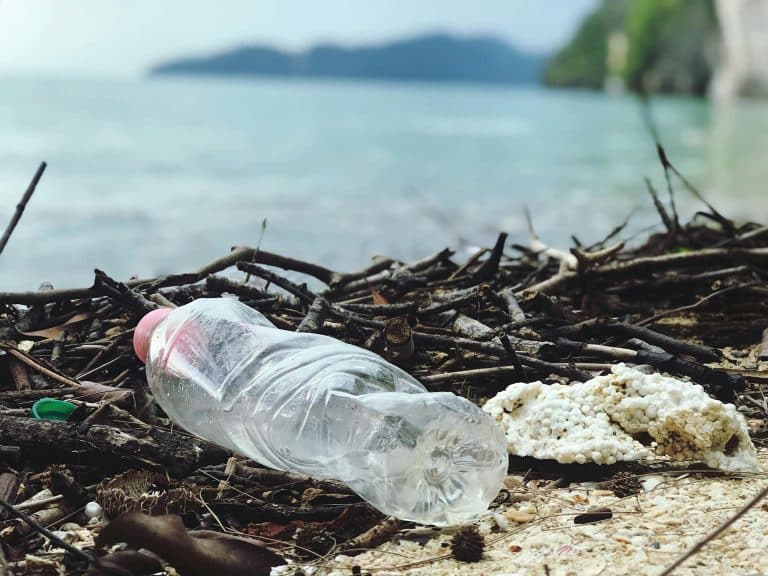Recycling is a process that typically involves repurposing used materials into products or components of new materials. Quite a few different materials can undergo this process, such as metal, paper, electronic parts, glass, rubber, and even construction materials like asphalt. Because of recycling, less waste is created as a byproduct of having to construct new materials. This subsequently reduces the chance that pollutant materials such as plastics can reach natural resources like waterways, land, and agriculture.
How Recycling Lessens The Environmental Burden

Certain components are more cost-effective to recycle than to create new. One such material is glass because it takes considerably less time and resources to reuse old glass than it does to create it completely new. Not only does this help companies save money, but it also reduces the amount of energy that is used in the process, which is subsequently better for the environment.
One major advantage of recycling is that it may help lessen the amount of microplastics that are notorious for negatively affecting wildlife. Microplastics have been shown to damage DNA, cause birth defects, and disrupt hormones. An article by Alison Stevens claims that plastics can end up becoming so small that they can enter cells and damage their proteins. In addition, the article also states that studies show that plastics may break down quicker than scientists previously thought, with some only taking a few days to become small enough to cause bodily harm to the animal that ingests it.
Reducing The Amount of Landfill
Recycling actively decreases the amount of material that makes its way to landfills. This is beneficial because landfills harm the environment. Some of which include emitting greenhouse gases and leaching chemicals into the ground and water. Greenhouse gases, like methane, contribute to global warming. Global warming is the process in which heat gets trapped in Earth’s environment, leading to an overall increase the the world’s temperature. Increased temperatures cause unnatural migration, loss of habitat, and food scarcity. All of which may lead to the death of many plants and animals in our environment.
As previously mentioned, landfills contribute to chemical leaching, but why is this bad? One common compound that is found to leach is ammonia. Ammonia has detrimental effects on the environment because it causes an over-production of plant-life in waterways, which therefore reduces he amount of dissolved oxygen in the water. This process, known as eutrophication, ends up leading to the death of organisms that can’t properly function without an adequate oxygen supply. As a result, this decreases biodiversity and, if severe enough, can even cause a decrease in humans’ food supply.
Concluding Thoughts
Recycling is a vital process that aids in protecting our environment. It overall lessens waste and reduces the amount of harmful chemicals that make their way into our food, land, and water. However, we still have a long way to go in terms of recycling, reflected by the fact that humans still produce around 300 million tons of waste annually. So if you want to do your part in protecting the environment, wash and recycle materials like glass and plastic.








